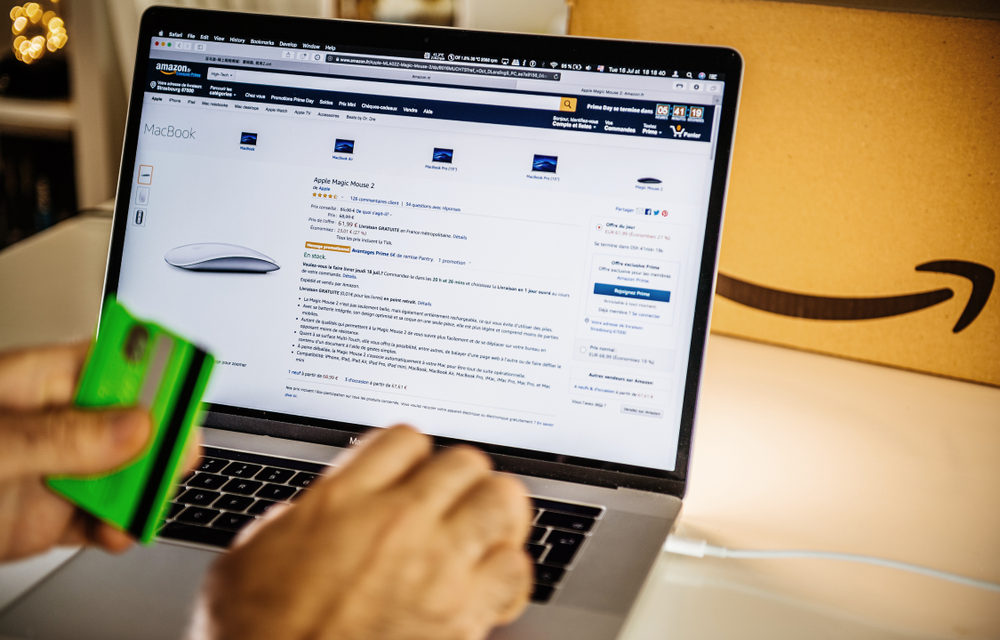Editorial credit: Hadrian / Shutterstock.com
Article by eMarketer Editors
Source: www.emarketer.com, November 2020
A majority share of consumers are now taking to marketplaces first when shopping online. According an August 2020 survey from ecommerce ad agency ChannelAdvisor conducted by Dynata, 53% of US adults said they began product searches at Amazon when planning to make a digital purchase.

